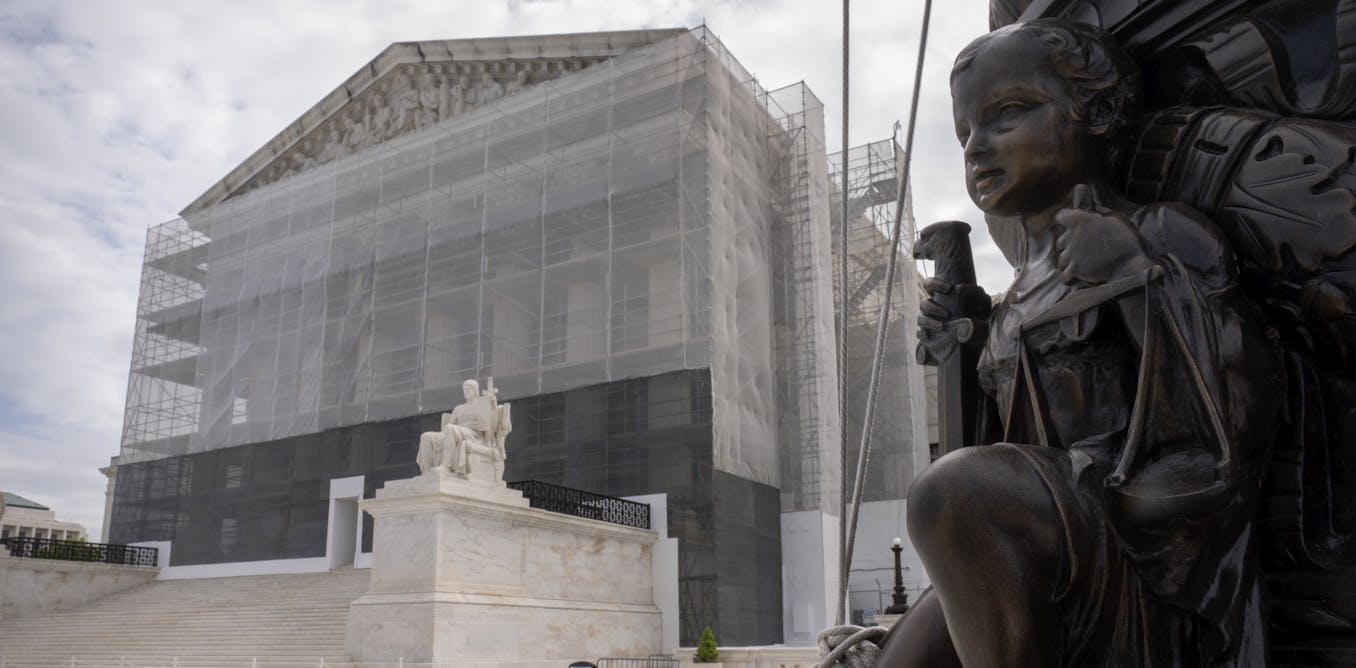
"The Supreme Court's recent decision to block the opening of the St. Isidore of Seville Catholic Virtual School underscores vital concerns about the intersection of religion and public education."
"Critics feared a favorable ruling for the proposed charter school could lead to a wider acceptance of government funding for faith-based institutions, impacting the landscape of public education."
"This case highlights fundamental questions regarding the nature of charter schools: Are they truly public institutions, and what rights do students and teachers have within them?"
"Future court decisions on religious charter schools could set significant precedents for how we understand public education in relation to private religious beliefs."
In April 2025, the Supreme Court heard arguments regarding the establishment of the St. Isidore of Seville Catholic Virtual School in Oklahoma, which aimed to use taxpayer funds while being managed by a local archdiocese. Despite initial interest from some justices, the court ultimately blocked its establishment in a 4-4 split decision. This ruling raises significant issues regarding the intersection of government funding and religious education, as well as the broader implications for charter schools' status as public institutions and the rights of students and educators within them.
Read at The Conversation
Unable to calculate read time
Collection
[
|
...
]